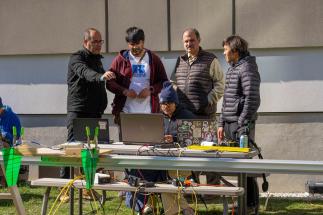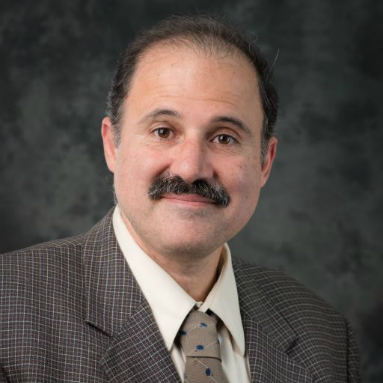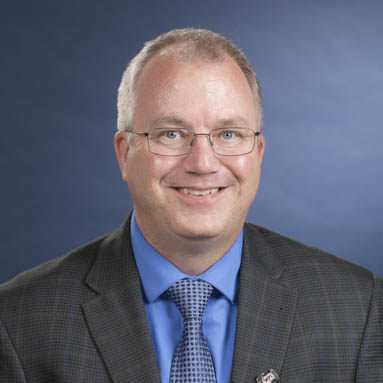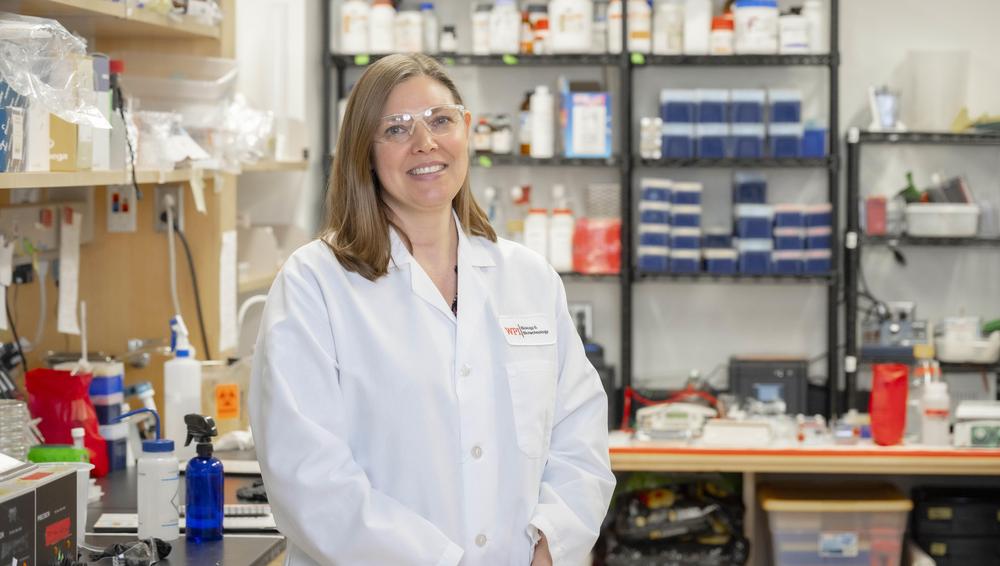Seyed (Reza) Zekavat and a team of researchers are bringing together drones, ground-penetrating radar, and artificial intelligence (AI) algorithms to develop a low-cost system that will rapidly map root-zone soil moisture levels on large farms and help farmers irrigate more efficiently.
The $1,172,896 project has launched with outdoor soil-mapping experiments at Gateway Park and will run for three years, funded by a grant from the U.S. Department of Agriculture (USDA). The early work at WPI will lead to field trials at farms in Michigan.
“Current irrigation technology needs improvement,” says Zekavat, principal investigator (PI) of the project and a professor in the Department of Physics and Data Sciences program. “Farmers can use probes to measure moisture at specific sites in a field, but it’s impractical to install probes to determine root-zone moisture levels across large farms, for example those that are bigger than 500 acres. Satellite-based microwave systems can cover large areas, but the resolution is low and only provides information about surface moisture. Mega farms need root-zone moisture information to determine where to irrigate, how much to irrigate, and how to reduce runoff that strips minerals from the soil.”
Water use has become a critical issue for agriculture in recent years as droughts have parched U.S. regions and states have grappled with questions about who can tap into rivers and aquifers. At the same time, farms have been growing larger and expanding irrigation. About 56 million acres of U.S. farmland was irrigated in 2018, according to the most recent USDA Census of Agriculture.
The research team led by Zekavat will integrate drones and ground-penetrating radar to create rugged systems that can fly over farmland for at least 30 minutes to collect data about moisture in the top 1 to 2 feet of soil, where roots grow. The researchers also will develop new software that will use AI algorithms to create a database for three-dimensional soil moisture maps.






